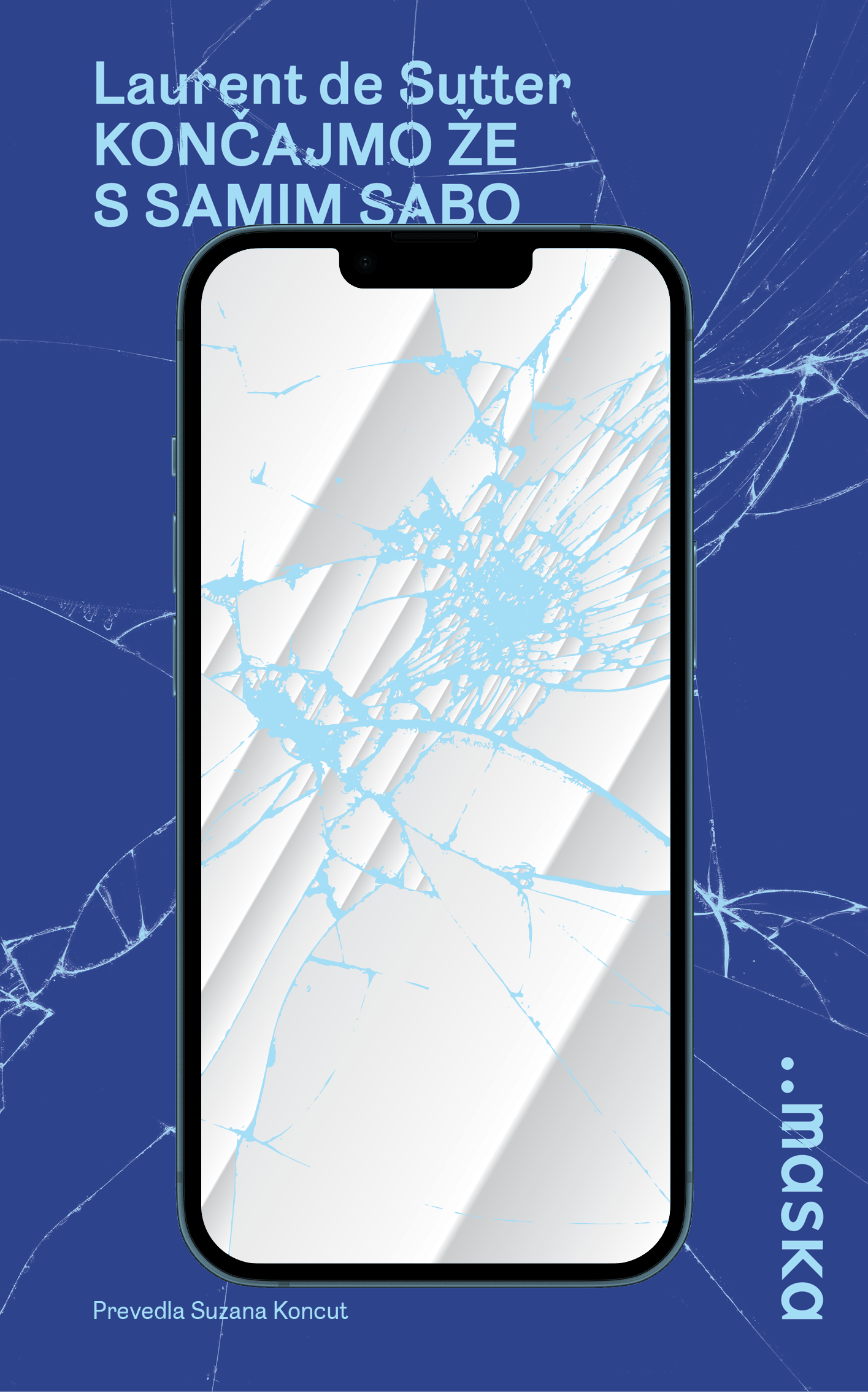Laurent de Sutter: How to Get Rid of Yourself

Who are we? We are constantly asked this question. It seems to have become essential that we know how to be ourselves, whether it is a personal development or a personal document, a political struggle or an intimate relationship, a professional life or a moment of mystical enlightenment. But where does this obsession with being somebody come from? And above all, what does all this tell us about the world we live in? In his newest book, the first of his works to be translated into English, Laurent de Sutter proposes a new answer to these questions by taking a surprising turn, linking Coué’s method of autosuggestion and ancient Roman law, the philosophical invention of the self and Chinese thought, psychoanalysis and Indian spirituality, theatre and neurology. But what if, precisely by becoming ourselves, we subject ourselves to control? And what if, in order to resist the call to become “somebody”, we have to become “just somebody” after all?
Mediakcije Collection, vol. 23.
Series edited by Aleš Mendiževec and Gregor Moder
Edited by Gregor Moder
Translated by Suzana Koncut, Maska 2023
Published in Slovenian as part of a cultural project co-funded by the Slovenian Book Agency
The Slovenian Book Fund is funded by the Slovenian Book Agency in 2022.
Excerpt
We must therefore put an end to ourselves, because we must put an end to everything that is based on the idea of being something, in order to be more sure that we are not something else – lest we start to wander outside the ontological stakes that mark the boundaries of the politically possible. We must put an end to all discourses that imagine that by assigning us an identity they are assigning us a place – and that, because they have defined the limits of that place, take away the right to police individuals who would not stand on it, who would not adapt to it, who would not conform to it. No, we will not be good workers, good voters, good fathers and good mothers, good sons and good daughters. No, we will not be perfect representatives of the category in which our identity is supposed to place us, like coloured blocks in a child’s game. If we have to be something, be it a problem, a difficulty, an embarrassment or even a scandal – a grain of sand in the well-oiled wheel of what we must call precisely identity management, that is to say, the comprehensive management of bodies subordinated to categories of the same and of the own.
Book Presentation
How to Get Rid of Yourself
6 pm
Anti-Workshop of Self Care
Organized by the Reading Group of Criticial Psychology
Members of the Critical Psychology Reading Group will present a psychological view on self-help literature, analyze examples of self-help measures in practice and reflect on the concept of “self” in Psychology. We will try to indicate what these considerations mean for Psychology as a science and practice.
7 pm
More Alienation, Please! Notes Towards a Postcritical Néontology
Laurent de Sutter (VU Brussels), chaired by Mladen Dolar (Faculty of Arts, Ljubljana)
The idea that alienation would designate a process of extraction of the self through unwanted means (personal manipulation, political brainwashing, capitalistic enticement, etc.) has become one of the most salient features of contemporary self-help. Taking care of the self, according to self-help coach and manuals, is taking care of the process by which we tend to be alienated – and to resist it by the pure force of our will, a little bit of exercise, reading the Stoics and a yearly subscription to the program of said coach. From this alone, it should become evident that the self that we are supposedly so longing for is nothing but a scam – a trap in which to fall when we forget that there is nothing desirable in the idea of “having” a self. “Being,” as the ontological category that designates the anchoring of such a self, rather than being a place of truth and emancipation, is, and has always been, the contrary: the space of a politics of imprisonment – ontology has always been about submission, rules, authorities and limits. In other words, ontology has always been critical. What we need, then, is not a more authentic being or truer self, but the opposite: inauthentic “having” and betrayals of any possible self – as the condition of a politics that can literally be said emancipatory, as in Roman law. “Emancipation” is exactly how, in latin, we might want to translate “alienation.” In order to desire the former, we need the latter.
About the Author

Laurent de Sutter is Professor of Legal Theory at the Vrije Universiteit in Brussels, and is the author of a number of works that analyse contemporary social and political phenomena through legal philosophy and legal history. His book on narco-capitalism (The Age of Anaesthesia, L’âge de l’anesthésie, 2017) has attracted international attention, and he has been awarded the Prix Léopold Rosy (2019) and the French Voices Award (2020) for his work Après la loi (After the Law, 2018), which plays on Kafka’s famous novella Before the Law in its title.
Photo by Geraldine Jacques